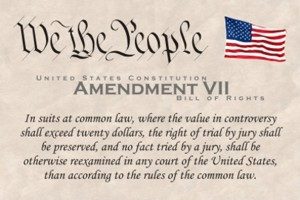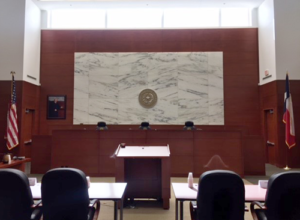A defendant can rely on factual allegations to establish the proper forum, when the defendant will later strive to negate the merits of those same allegations. That idea was vividly illustrated in Buck’s Cabaret v. Lantrip, in which an entertainer at a Dallas club sued for her injuries in a car accident after leaving the premises, alleging that the club served her excessive alcohol. The Fifth Court reversed the denial of the club’s motion to compel arbitration under a provision in its agreement with the dancer that reached “ANY CONTROVERSY, DISPUTE, OR CLAIM … ARISING OUT OF THIS LEASE OR OUT OF ENTERTAINER PERFORMING AND/OR WORKING AT THE CLUB AT ANY TIME.” The Court noted:
The factual allegations giving rise to Lantrip’s claims are that Buck’s (1) sold her alcoholic beverages after it was apparent she was obviously intoxicated, and (2) required her to consume alcoholic beverages, a breach of Buck’s duty to use ordinary care in providing a reasonably safe workplace. Although Lantrip urges that she was a patron because Buck’s sold her alcoholic beverages, the fact that she purchased drinks is not necessarily inconsistent with her working under the terms of the Lease at the time. Indeed, Buck’s could not require Lantrip to purchase drinks if she was merely a patron.
The club will certainly dispute those allegations at the arbitration hearing, but for purposes of determining the forum, they proved dispositive.No. 05-17-00647-CV (Feb. 23, 2018) (mem. op.)











